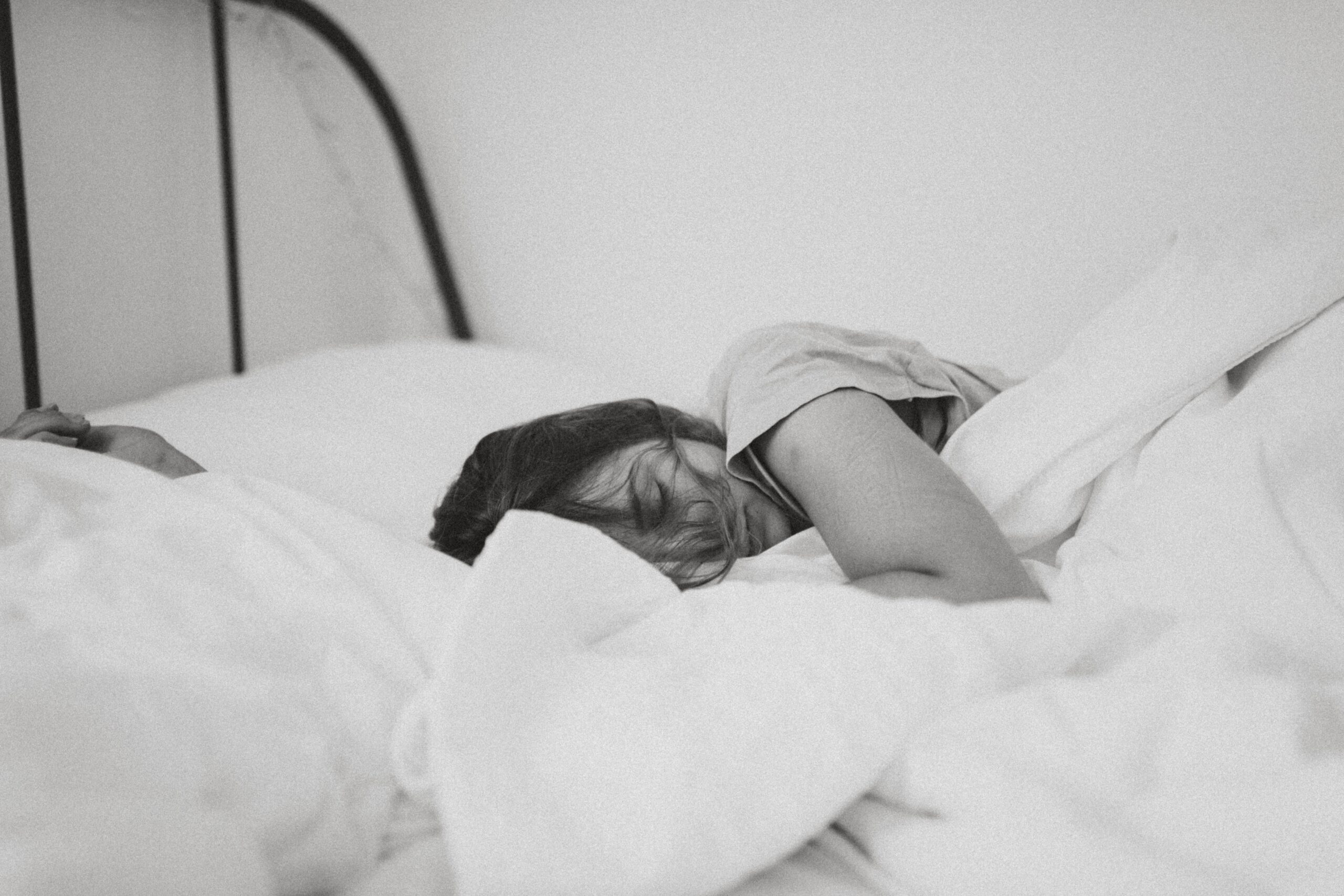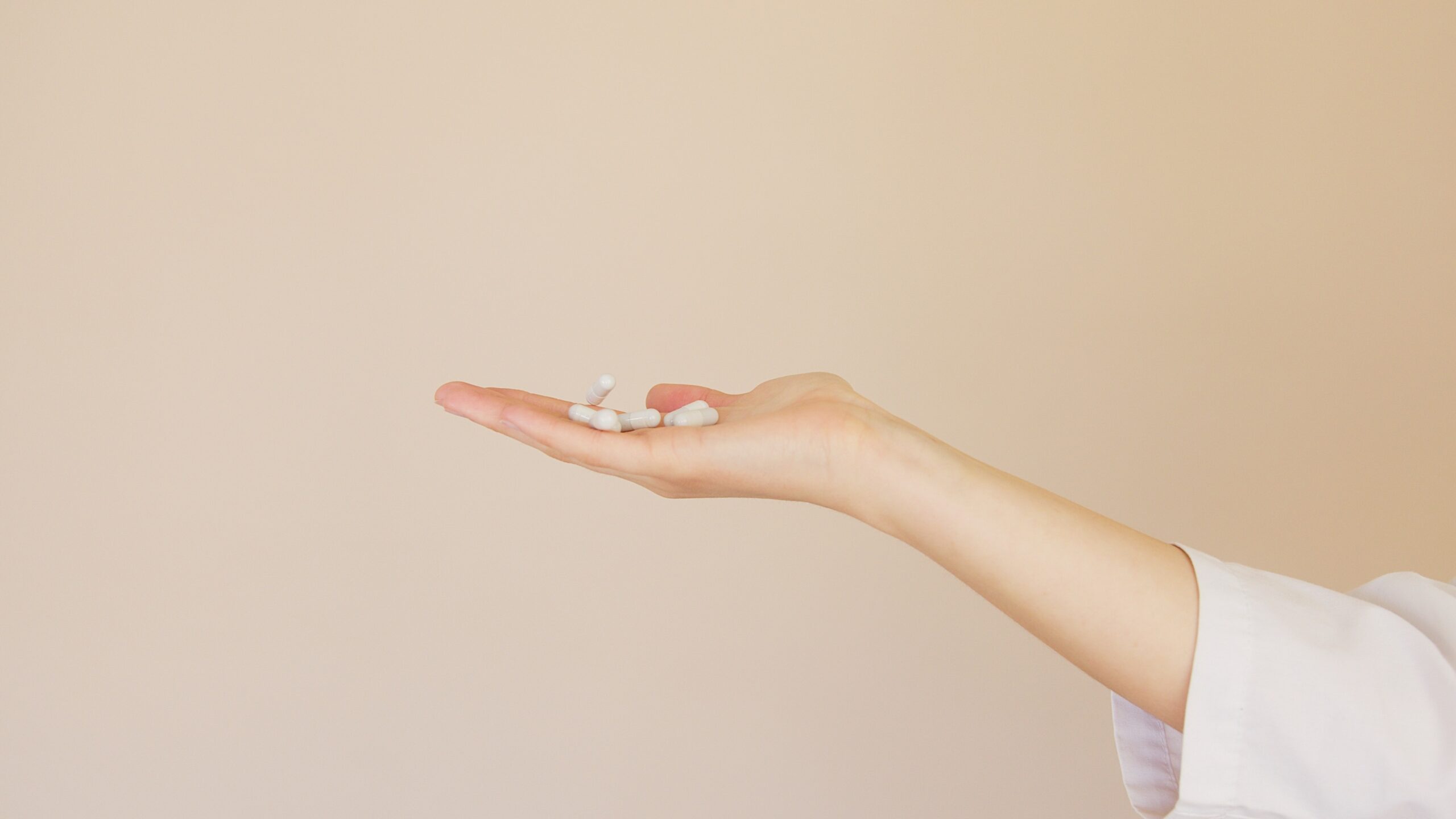We all know how important sleep is for our health and wellness, and there really is nothing better than a good night’s sleep. However, sleep is usually the first thing to go when someone is stressed, under extra pressure, anxious, unwell, run down or even overtired. Our brains and nervous systems are very sensitive to the smallest changes to our daily routines and having a set of night time rituals to follow is the best way to create healthy sleeping patterns. Here is my checklist for creating the perfect night’s sleep:
- Research shows that the perfect time to sleep is 10pm- 6am. Going to bed later (11pm or 12pm) and sleeping later into the morning (7am or 8am) does NOT give us the same level of sleep quality as getting to bed a little earlier and waking earlier in the morning does. In fact, if you could get yourself into bed at 9 or 9:30pm this would lead to a much better level of refreshment than sleeping in in the mornings.
- We need an average of 7.5-8hrs sleep to functional optimally, and while this might vary slightly from person to person, anything under 7 hours will leave you feeling tired and unrefreshed.
- Go to bed at the same time every night. This will help to get your natural body clock switch on.
- Get up from bed at the same time each morning. This will help to get your body clock synchronized with what is going on outside. If you can stick to fairy regular sleeping and waking times your body will become accustomed to it.
- Get regular exercise each day. The more exercise you do, the more restful your sleep will be as you are increasing your sleep debt by keeping active.
- Aim to spend some day time in natural light and outdoors during the daytime, especially in the mornings to help sleep your body clock. This could mean a morning walk before work, or simply having some time outside of the workplace at lunchtime to catch some rays
- Melatonin is our ‘sleep’ hormone which helps us to get sleep, and it is released once we are in darkness or very dim lighting. Ensure that before going to bed you turn all the lights off, or dim the lights, or light some candles. Very dull, orange light is what our brain needs to stimulate melatonin release- which is why the dull flickering light of a candle is perfect before sleep.
- Avoid artificial lights from phones, computers, or television screens for at least 30mins before bed. These supress melatonin release- especially the ‘blue light’ that comes from our smart phones and tablets.
- Create a 30-minute bed time ritual. No television, computer etc. Keep the lights dim. Have a warm shower or bath. Do something relaxing such as reading a book, crossword or listening to guided relaxation recordings to help switch off.
- Avoid caffeine after 12pm.
- Avoid napping in the evening before going to bed. So many of my patients fall asleep on the lounge before bed which is very disrupting to your brains ability to regulate sleep! If you are falling asleep on the lounge, go straight to bed and get a good nights rest
Following these strategies can go a long way to ensure you have the most restful nights sleep and are feeling refreshed and vibrant on waking!!
Hayley Stockbridge




0 Comments